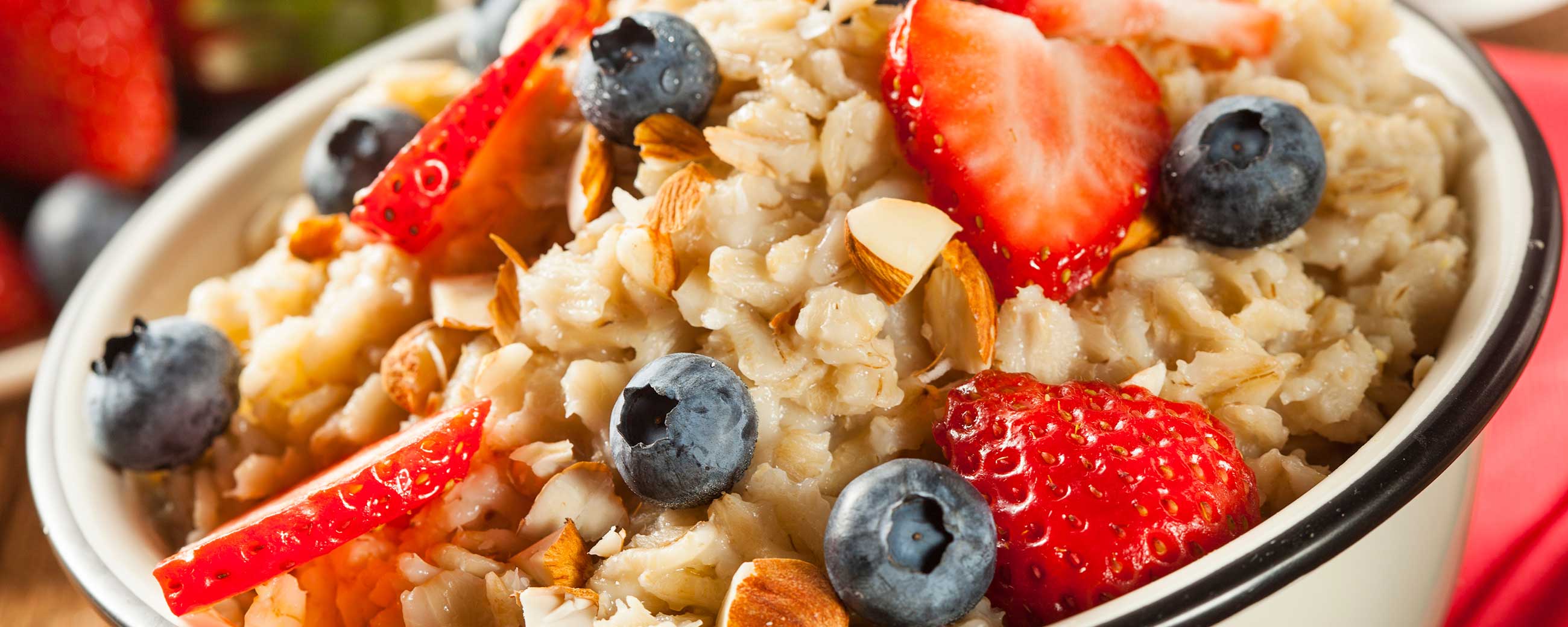
Is Gluten-Free Good for Type 2 Diabetes?

Navigating the vast sea of dietary choices for type 2 diabetes can be daunting. At Virta, we simplify the process by guiding our members to reduce dietary carbohydrates, such as bread, grains, cereals, and sugars, which often leads to significant weight loss and diabetes reversal. However, some people may also opt to exclude specific types of carbohydrates from their diet for additional reasons.
Entering the conversation: gluten-free diets and diabetes.
Is gluten-free better for Type 2 Diabetes?
There is no evidence to indicate that gluten-free diets are specifically beneficial for type 2 diabetes. However, a gluten-free diet that emphasizes whole foods tends to be lower in carbohydrates since it typically excludes bread, cereal, pasta, and baked goods. Reducing intake of these foods is good for type 2 diabetes.
Gluten is a type of protein primarily found in wheat, barley, and rye. It acts like a glue, providing elasticity to dough and giving baked goods their signature chewy texture. Despite the delightful qualities gluten imparts on baked goods, gluten-free diets have become increasingly popular, often purported to alleviate conditions like irritable bowel syndrome, inflammatory bowel disease, and other autoimmune disorders.
Among these, only one condition – celiac disease – has robust evidence supporting the need to exclude gluten completely. In individuals with celiac disease, gluten triggers an immune response that attacks the small intestine, leading to severe nutritional deficiencies and irreversible intestinal damage if a strict gluten-free diet is not followed. This condition is indeed severe and demands careful dietary management.
Although not strongly supported by scientific evidence, some people without a diagnosis of celiac disease still report feeling better when they eliminate wheat, rye, and barley from their diets. This improvement could stem from avoiding gluten (the protein) itself, or it might be due to avoiding fructans (the carbohydrates found in wheat). The underlying source is less important than the tangible improvement in well-being, as long as individuals are not unintentionally imposing additional restrictions on themselves.
How does a gluten-free diet impact blood sugar?
Gluten in and of itself does not significantly impact blood sugar since it’s the protein component of wheat, rye, and barley–not the carbohydrate. Glutenous foods like bread, cereal, pasta, and baked goods can significantly impact blood sugar due to their high carbohydrate content. Gluten-containing carbohydrates don’t inherently affect blood sugar differently than gluten-free carbohydrates, so the decision comes down to a personal choice.
Does gluten-free mean less sugar?
Not necessarily. If your gluten-free diet consists primarily of whole foods like fresh meats, vegetables, fruits, nuts, and dairy products without added sugars, then yes, you are consuming less sugar and carbohydrates. If your diet consists of gluten-free versions of bread, pasta, cereal, cakes, cookies and other treats, you are consuming significant amounts of sugar and carbohydrates.
Gluten-free foods to avoid
When choosing the best foods for type 2 diabetes, it’s really not about the gluten. It’s about the carbs. Therefore, highly processed foods like pre-made gluten-free breads and crackers, gluten-free pasta, gluten-free pizza crust, gluten-free cereal, gluten-free cookies and snack bars, and gluten-free candy are not good for diabetes. It’s also worth keeping in mind that many marinades and dressings can often contain gluten. Check the label before using.
The Takeaway
Overall, the most important aspect of choosing a diet for type 2 diabetes is one that reduces dietary carbohydrates. If you follow a gluten-free diet, be sure to limit or avoid highly processed foods like gluten-free bread, pasta, cereal, pizza, and treats high in sugar like gluten-free cookies, snack bars, and candy because these significantly impact blood sugar.
If you are diagnosed with type 2 diabetes and want to live a healthier lifestyle, Virta Health may be able to help. By making healthy lifestyle changes in a medical setting with supportive resources like 1:1 virtual coaching, you can regain control of your health and feel like yourself again. See if you’re eligible for Virta Health here.
This blog is intended for informational purposes only and is not meant to be a substitute for professional medical advice, diagnosis, or treatment. Always seek the advice of your physician or other qualified health provider with any questions you may have regarding a medical condition or any advice relating to your health. View full disclaimer
Are you living with type 2 diabetes, prediabetes, or unwanted weight?








